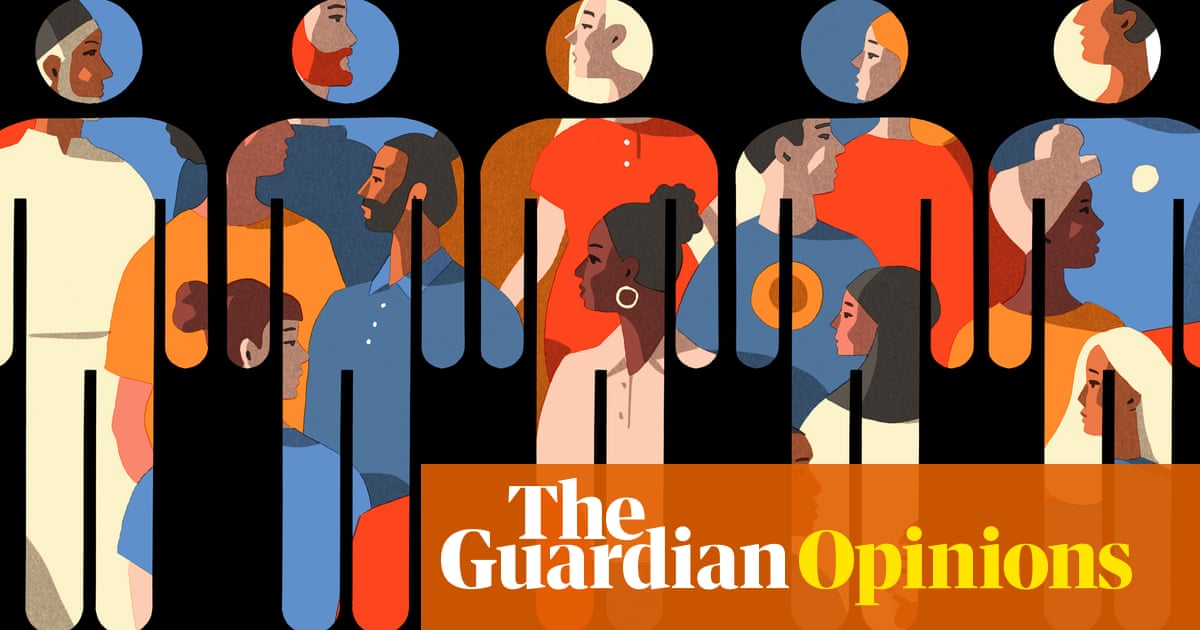
Dubai last week played host to the annual World Governments Summit, where the hot topics were the diversification of oil-based economies and the advancement of artificial intelligence.
The former came in the context of Donald Trump proclaiming oil was back on the table for America — you remember his first presidential speech, in which he said “we will drill, baby, drill.” This was somewhat in contrast to the message at the summit, where speakers stressed the need to move to other sources of income.
No one said Trump and his government were wrong — most either tiptoed around it or said each country had the right to follow whatever path they believed was good for them.
On AI, it was the usual — it is great, makes your life much easier and … store all the information in one place and you will get much better healthcare and other services.
That last remark was made by the co-founder of Oracle, Larry Ellison — a close friend of Elon Musk, who works with the Trump government.
There is no doubt that AI can make our lives easier and more efficient and indeed help the economy through making cost-effective decisions. It is also without question that AI is only as good as the information it holds. In short — the more information AI has in one place, the better job it does.
You only have to look at the construction, design and manufacturing industries to see how busy they are collecting as much 3D data as they can to improve how things are built — looking at the cost, environmental impact and even the design.
Data holds an immense amount of value. What that is depends largely on what you are looking at. There is a financial value to the time saved through holding existing data or the reduction of sickness in a workforce.
Town planners can use AI to figure out where to build new roads or where to develop existing ones. Those responsible for public transport networks can look at the frequency of services on any given day to establish when more or fewer are required.
AI can help save lives by identifying the common threads in health complaints and possible outcomes, as well as by advising on pharmaceuticals.
In a one-to-one session in Dubai, Ellison told former UK Prime Minister Tony Blair that AI would work better if all the information was held in one place. He said that centralized data would lead to a more streamlined and efficient service and better and more cost-effective healthcare. But he did not say who would hold this data — all of it, in one place — nor did he touch on the immense power and wealth this golden chalice would undoubtedly provide.
People are understandably fearful of AI and the information held on us being treated as a commodity.
Peter Harrison
In 2023, the Harvard Data Science Review published the report “A Review of Data Valuation Approaches and Building and Scoring a Data Valuation Model.” The report explained: “The importance of data as an asset in both the private and public sectors has systematically increased, and organizations are striving to treat it as such. However, this remains a challenge, as data is an intangible asset. Today, there is no standard to measure the value of data.”
It goes on to say that the value of data is constantly rising, but likewise the value of individual pieces of data declines as more data becomes available. If you think this is an overreaction, then ask yourself why the West and China are in a constant battle to outperform each other in the world of AI.
So, who should the data be held by? Governments or a commercial entity?
The chair of last week’s summit, UAE Minister of Cabinet Affairs Mohammed Al-Gergawi, said in his opening remarks that trust was the foundation of a government’s success. He said that ensuring strong relationships are built between governments and people is important. But he warned that “trust in governments (worldwide) stands at only 52 percent,” quoting findings from the Edelman Trust Barometer.
So, if barely half of the world’s population trusts their government, then would they want a public body to hold all their data? And which body would that be? The UN? The EU? We could keep going.
And if not government, then the private sector? Which company would be given that power and how would it be chosen?
Speaking at the World Governments Summit, AstraZeneca CEO Pascal Soriot warned against the inefficiencies of fragmented information, which places obstacles in the way of effective healthcare. “While AI is transformative, data fragmentation remains a hurdle,” he said. “The healthcare industry needs time to adapt, but the potential is undeniable.”
There is certainly no question that data and AI are the most valuable currencies of both today and the future. Yet it is no wonder that people remain concerned about the data being collected on them — for example, children play online games that collect vast amounts of information on their behavior.
We use social media apps that track our actions online. Targeted ads appear on our accounts after we have conversations we might have thought were private.
It seems unlikely that the world will agree on centralizing all information. It would be an enormous — and costly — task, even if East, West and the fence-sitters in between came to an agreement.
Trump has shown, with his stream of executive orders, that one leader’s pledges can be changed by another’s, apparently on a whim — so maybe governments are not the best candidates to store all this data.
AI and the data it relies on can do so much good, and world leaders and corporations know this.
People are understandably fearful of AI and the information held on us being treated as a commodity. But it is here to stay, we cannot stop that.
And as long as the struggle for ownership continues, the world will remain stuck between a rock and a hard place with a system that might never reach its full potential — which at last glance seemed to be infinite.
Peter Harrison is a senior editor at Arab News in the Dubai office. He has covered the Middle East for more than a decade. X: @PhotoPJHarrison
Disclaimer: Views expressed by writers in this section are their own and do not necessarily reflect Arab News" point of view












